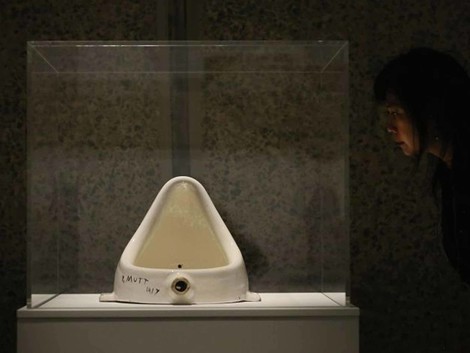Your podcast discovery platform
Curious minds select the most fascinating podcasts from around the world. Discover hand-piqd audio recommendations on your favorite topics.

piqer for: Global finds Technology and society Globalization and politics
Elvia Wilk is a writer and editor living in New York and Berlin, covering art, architecture, urbanism, and technology. She contributes to publications like Frieze, Artforum, e-flux, die Zeit, the Architectural Review, and Metropolis. She's currently a contributing editor at e-flux Journal and Rhizome.
Add This To Your "Women Overlooked by History" Files
This week, in women overlooked by history: the artist Baroness Elsa von Freytag-Loringhoven.
Admired by Ezra Pound, Ernest Hemingway, Man Ray, and Marcel Duchamp, von Freytag-Loringhoven, born in Germany in 1874, is only now finally being recognized for her pioneering role in Dadaism and other avant-garde cultural movements.
Amid new attention focused on the artist, speculation has recently arisen that she may have been “responsible for what is often regarded as the most significant work of art in the 20th century"—that is, Duchamp’s famous readymade urinal. Duchamp's reappropriated urinal, titled “Fountain,” first shown in New York in 1917, is the cornerstone of conceptual art.
According to a letter Duchamp sent his sister, the actual urinal that he later exhibited to great controversy and later acclaim was originally mailed to him earlier that year by a “female friend,” who was likely von Freytag-Loringhoven. As further evidence, it turns out she had been producing “readymade” artworks for some time, declaring everyday objects as works of art.
The evidence is compelling enough for art historians to take note. Here's hoping the next generation of art students will know the name von Freytag-Loringhoven alongside the name Duchamp.
